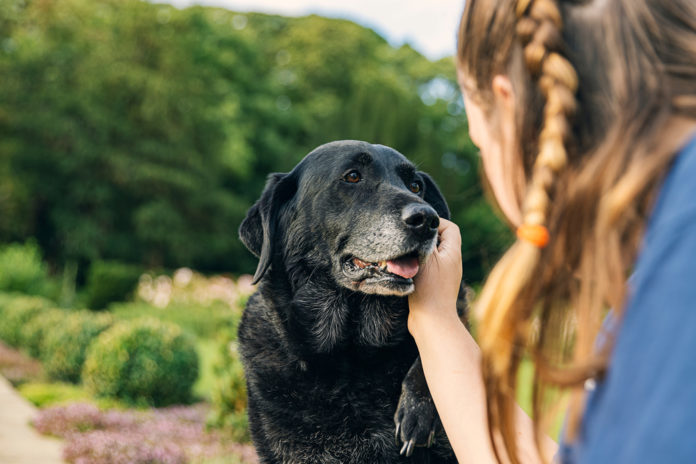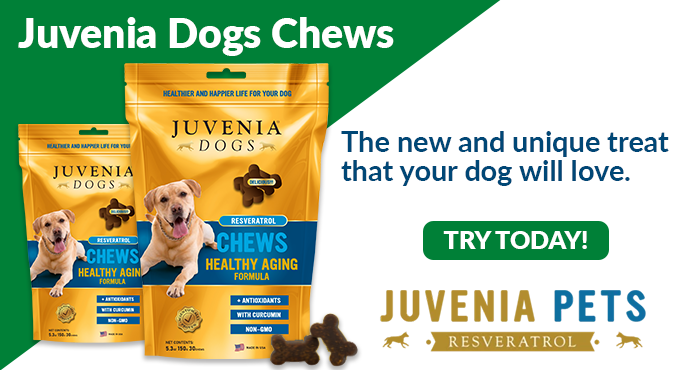How to improve your aging dog’s quality of life

Your dog can go through many changes as he gets older. Here are some ways you can help support his quality of life throughout the aging process.
There is no definite age limit at which a dog is considered old. It depends on several aspects such as the size of the dog (small breeds have a longer life expectancy than large breeds), how he has been cared for throughout his life, his health status, and so on. Pets undergo the same changes as humans as they age: painful joints, limited mobility, and loss of sight and hearing. In some dogs, teeth begin to fall out (they weaken in the dental alveolus), the fur begins to whiten around the muzzle, muscle mass decreases, and fat deposits begin to increase. So how can you help you dog during this transition?
In general, a senior dog should receive:
- A diet with a good quality protein and as little fat as possible. It should have high levels of fiber to promote intestinal transit and optimal assimilation of nutrients (this will also prevent your aging dog from losing too much weight).
- Amino acids (such as chondroitin and glucosamine) to restore degenerated joint cartilage and to relieve joint pain.
- Antioxidants, such as vitamins A, C and E. Resveratrol and curcumin are also beneficial, as they help combat oxidative stress and reduce inflammation.
- Omega-3 amino acids, which are beneficial for the heart, brain, joints, and eyes.
- Moderate physical exercise.
The nutrients listed above can be offered through a dog’s diet, though sometimes supplementation is necessary.
As a general rule, the older the dog, the more often he should go to the vet even if he doesn’t suffer from any medical conditions. It is recommended that once the dog is seven years old, he should visit the vet once or twice per year. Regular blood tests and examinations are essential in elderly dogs because they can reveal early stages of diseases, even if the dog has no symptoms.
Whether he shows signs of aging or not, feeding your pet a balanced diet and taking him to regular vet appointments are two of the best ways you can support his health. Adding in a supplement to boost antioxidant intake – like Juvenia Chews 3-in-1 Anti-Oxidant Booster – can also help your pup live a long, happy life!





